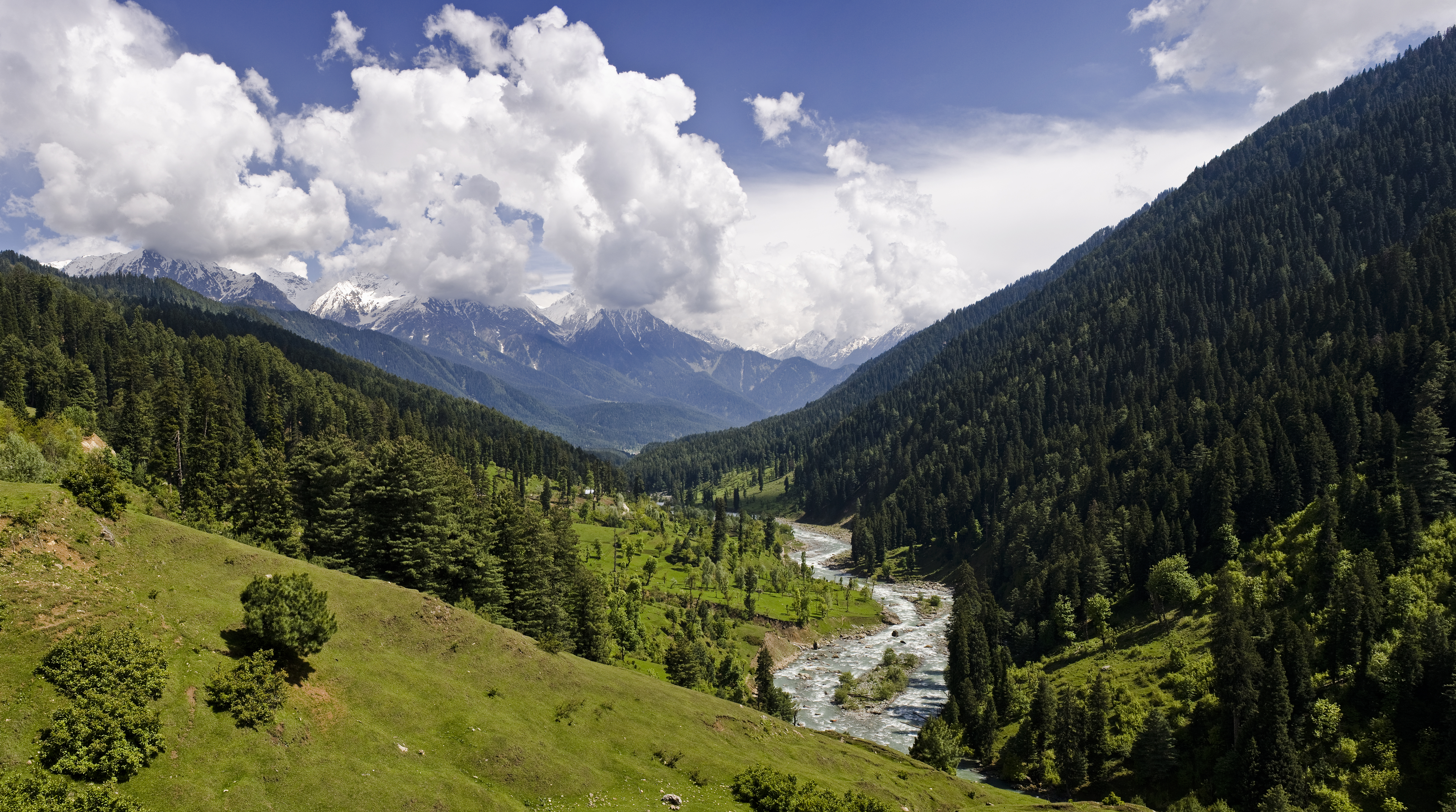
The procedural dispute unfolded when Para presented the resolution to the recently appointed Speaker Abdul Rahim Rather, who took his position in an assembly now split along divisive lines. While Article 370 was abrogated by the central government in 2019, effectively ending Jammu and Kashmir’s autonomous status, certain regional leaders and parties like the PDP continue to advocate for its reinstatement. This attempt to revive the issue has stirred polarized responses from various factions, highlighting the enduring significance of Article 370 in local identity and governance.
Chaos erupted shortly after Para introduced the resolution, which was reportedly not included in the session's official agenda. Speaker Rather, allied with the National Conference (NC), refused to bring the proposal to debate, stating it was "out of order." The session swiftly descended into turmoil as lawmakers from the PDP and other opposition groups voiced their objections, resulting in intense verbal exchanges and physical gestures of protest on the assembly floor. Amid the escalating commotion, Rather adjourned the session multiple times, attempting to restore order, yet tensions remained high among the members present.
Lawmakers from the National Conference and PDP, two influential parties that historically supported Article 370, condemned the Speaker's refusal to entertain the resolution. These parties argue that reinstating the special status is crucial for protecting local rights and the region's unique cultural identity, with leaders emphasizing that the people of Jammu and Kashmir deserve self-determination within a federal framework. They argue that the abrogation of Article 370 has weakened local governance and alienated residents from the legislative process, a sentiment echoed by regional autonomy advocates.
Conversely, members from the Bharatiya Janata Party (BJP) in the assembly vehemently opposed any discussion on Article 370, labeling the resolution as a "step backward" that disregards national unity. BJP representatives argue that the 2019 abrogation brought Jammu and Kashmir under direct central governance, accelerating economic development and improving integration with India’s broader administrative and legal frameworks. They accuse the PDP and NC of regressing to outdated ideas and stoking divisive sentiments rather than focusing on progress and integration.
The debate on Article 370 remains highly symbolic for both proponents and detractors. For supporters, it represents an assertion of regional autonomy and a check against centralized control, while for opponents, maintaining the abrogation aligns with India's unity and modernization efforts. The BJP credits the removal of Article 370 with fostering growth in infrastructure, tourism, and investment opportunities, aiming to frame it as beneficial for the region’s long-term economic stability.
On the streets, reactions to the legislative drama reflect a similarly divided public sentiment. Supporters of the resolution see it as a critical step toward restoring the region’s historical rights and fostering a legislative environment that is more responsive to local needs. However, others remain skeptical about the resolution’s feasibility, noting the absence of any pathway within India's legal system for reversing the 2019 decision without substantial support from the central government. Moreover, analysts suggest that while PDP and NC leaders maintain popular support, their leverage in advocating for Article 370’s reinstatement remains constrained by limited representation at the national level.
